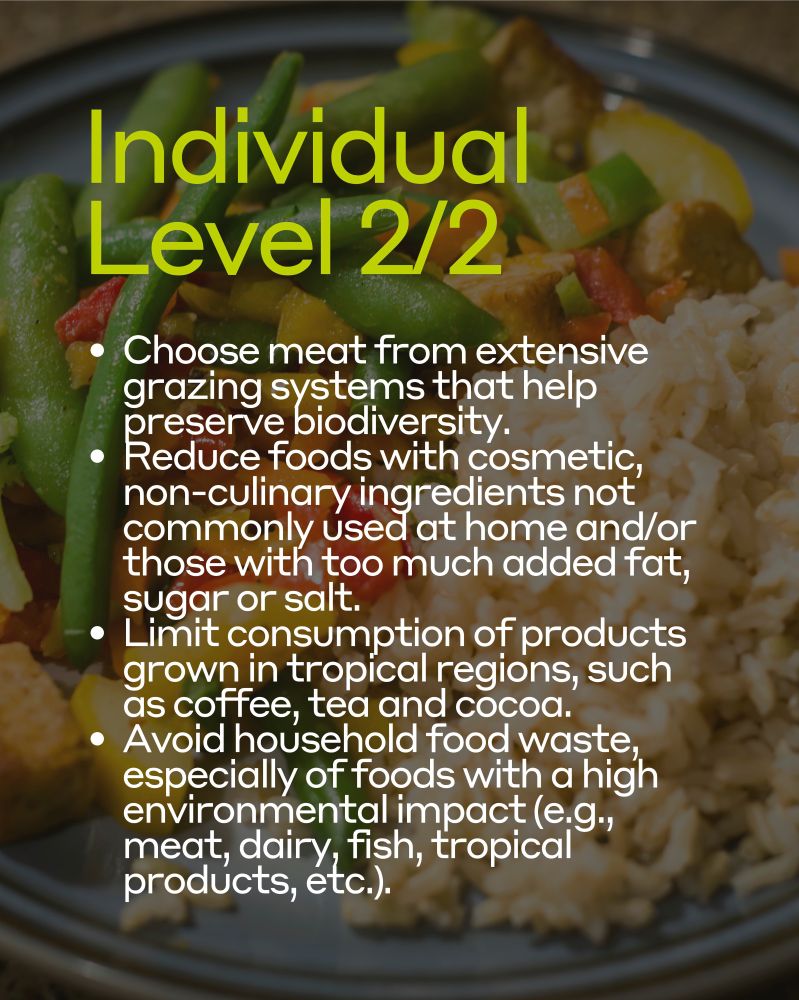True Cost Accounting for Food Systems Transformation @ TMG
@truecostaccounting.bsky.social
81 followers
82 following
95 posts
TMG Think Tank for Sustainability facilitates effective policy & economic incentives for sustainable food systems transformation via True Cost Accounting.
https://www.tmg-thinktank.com/programmes/true-cost-accounting
Posts
Media
Videos
Starter Packs













